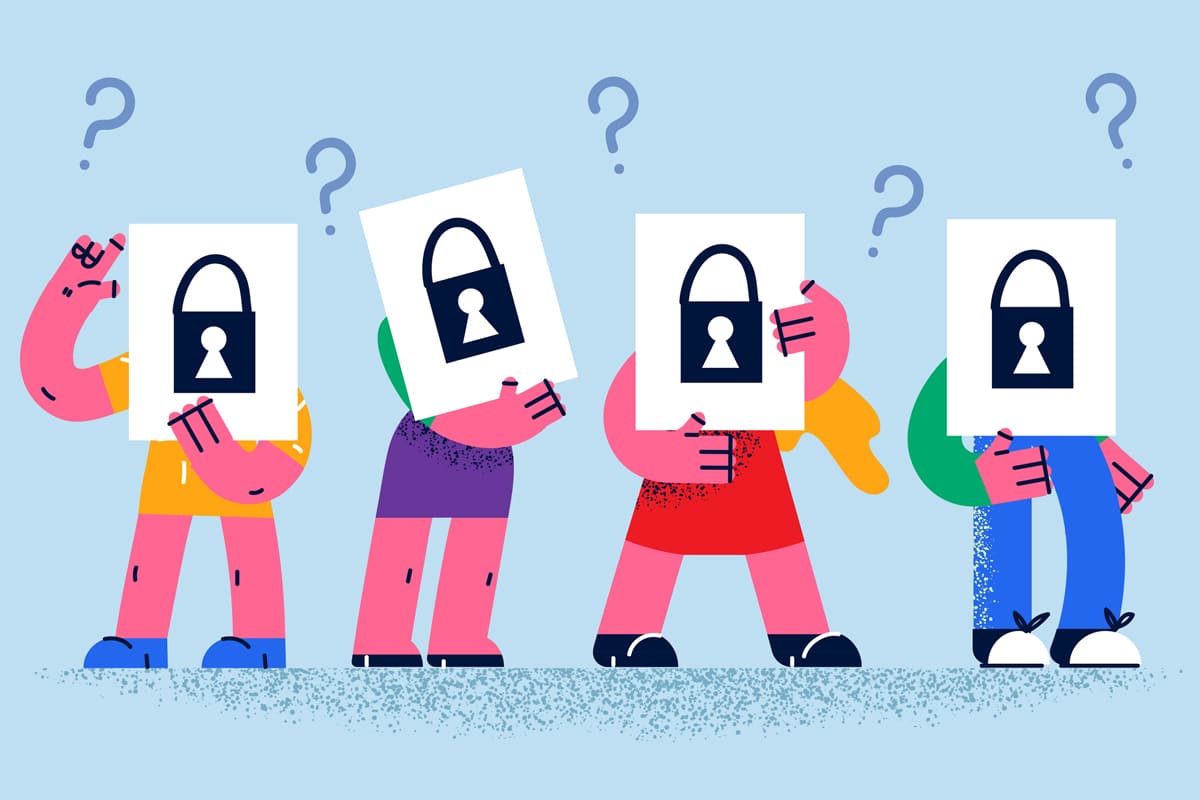RULE 7
Protect Yourself

In this chapter, author Stephen Kohn emphasizes the importance of whistleblowers taking necessary precautions to protect themselves while gathering evidence to support their claims. He highlights several common actions that whistleblowers might engage in, but which may actually lead to negative consequences.
By providing a comprehensive list of dos and don’ts, Kohn aims to help whistleblowers navigate the complexities of the process while avoiding legal pitfalls. Beware that any texts, calls, or emails made on company devices can be monitored and used against you, and “after-acquired evidence” of termination may leave you at a dead end in a wrongful termination suit.
The case of Dinah Gunther demonstrates the importance of legally recording conversations as a self-help tactic. By taping her boss, Gunther was able to gather evidence that supported her allegations and helped sway the jury in her favor. This case underscores the power of legally obtained recordings in building a strong whistleblower case, as outlined in Rule 9.
Practice Tips
- The Supreme Court decision on the after-acquired evidence rule: McKennon v. Nashville Banner Publishing, 513 U.S. 352 (1995).
- Senator Leahy Senate Speech on Sarbanes-Oxley, Vol 148 Congressional Record, p. 7358 (July 25, 2002).
- The Department of Labor case of Gunther v. Deltek, Inc., 2010-SOX-49, affirmed Deltek v. Department of Labor, 2016 U.S. App. LEXIS 9274 (4th Cir. 2016), provides analysis of both document removal and one-party taping.
- Webb v. Government for the District of Columbia, 175 F.R.D. 128 (D.D.C. 1997) (default judgment against employer for destroying documents). Burris v. JPMorgan Chase & Co., No. 18-cv-03012 (D. Az. Oct. 7, 2021) (default judgment against employee for destroying electronic files).
- City of Ontario v. Quan, 560 U.S. 746 (2010) (company access to employee’s cell phone records).
Resources
- Argyropoulos v. City of Alton, 539 F.3d 724 (7th Cir. 2008) (warning that anti-retaliation laws do not grant employees the right to engage in “dubious self-help tactics”).
- Jefferies v. Harris County Community Action, 615 F.2d 1025 (5th Cir. 1980) (setting forth the “reasonableness test” for self-help tactics).
See also:
- Hochstadt v. Worcester Foundation, 545 F.2d 222 (1st Cir. 1976)
- Wrighten v. Metropolitan Hospital, 726 F.2d 1346 (9th Cir. 1984) (setting forth “balancing test”)
The Court in Smith v. Chi Transit Auth., 2016 U.S. App. LEXIS 11553 (7th Cir. 2016) described what a court should consider when evaluating whether an employee was reasonable in disclosing confidential e-mails:
“Reasonableness depends on how [the employee] obtained the e-mails, whom he shared them with, the type of confidences revealed, their relevancy to the discrimination charge, whether [the employee] had a good-faith belief in their relevancy, the scope of the [employer’s] confidentiality policy, and whether [the employee] could have sought the evidence in a way that would not have violated the policy.”
Privacy Rights Clearinghouse, “Fact Sheet 7: Workplace Privacy and Employee Monitoring” (online publication) (information on management’s rights to monitor employees at work).
Government employees have had some success in challenging e-mail monitoring. On June 20, 2012, the Executive Office of Management and Budget issued a government-wide “Memorandum for Chief Information Officers and General Counsels” warning that warrantless searching of public employee e-mails could violate whistleblower disclosure laws.
- McKennon v. Nashville Banner Publishing, 513 U.S. 352 (1995) (“after-acquired evidence” standards).
- Deltek v. Department of Labor, No. 14-2415 (4th Cir. 2015) (reasonableness of taping and document removal upheld)
Studies
Aaron Kesselheim et al., “Whistle-Blowers’ Experiences in Fraud Litigation against Pharmaceutical Companies,” N. Engl. J. Med. 362:19 (May 13, 2010).
Frequently Asked Questions
Related Rules
Order Your Copy Today!
All purchases or donations proceeds go to support the National Whistleblower Center, a 501(c)(3) non-profit organization dedicated to supporting whistleblowers.
Shipping is to the United States Only
For international orders, please contact [email protected].






